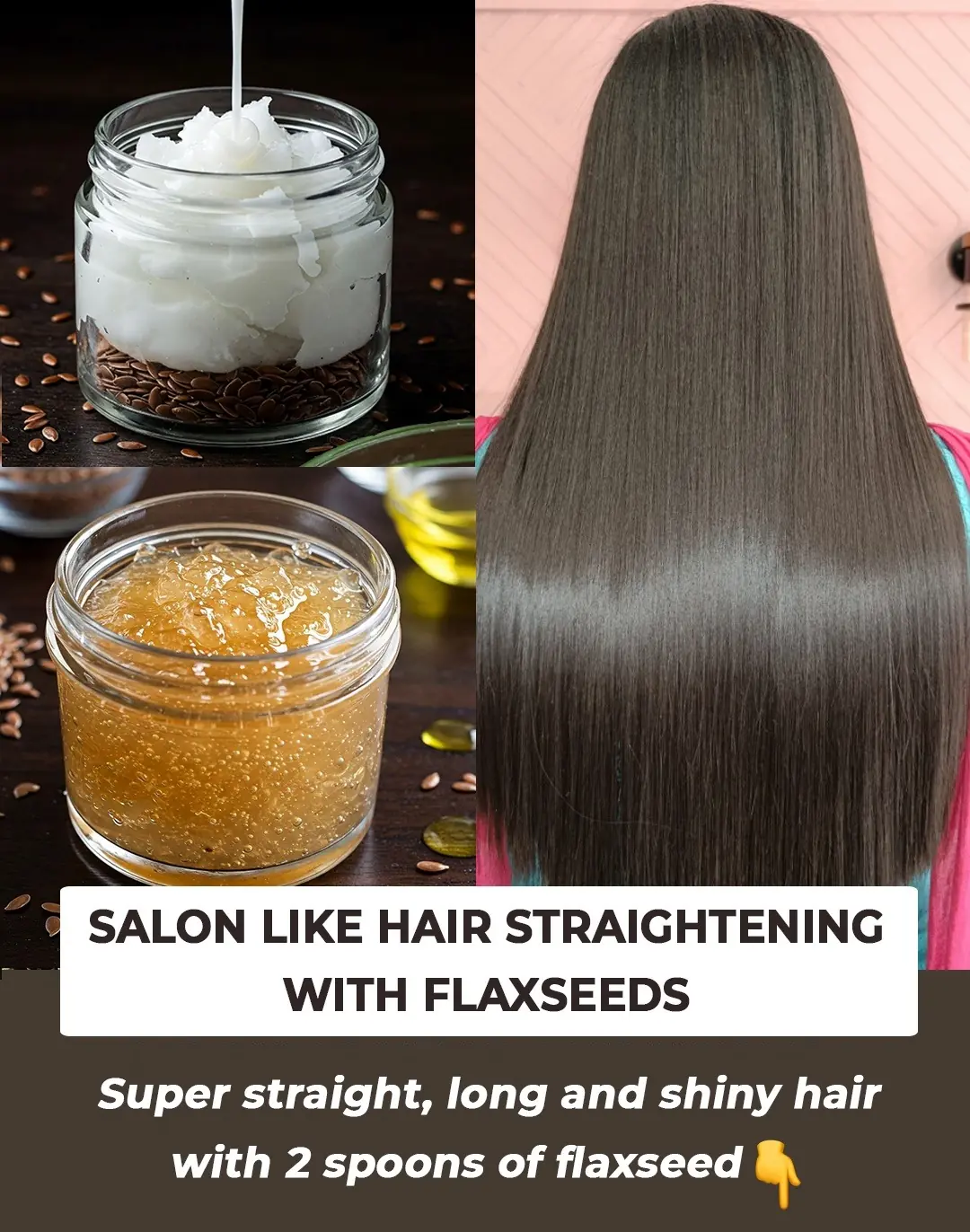
Maximize Broccoli's Cancer-Fighting Power: The Simple Trick That Boosts Sulforaphane Formation
If you're looking to maximize the cancer-fighting potential of broccoli, a simple trick backed by science can significantly enhance its effectiveness. Research shows that if you chop broccoli and allow it to sit for at least 10 minutes before cooking, you can dramatically increase the formation of sulforaphane, a potent compound that offers numerous health benefits, including cancer protection.
Sulforaphane has gained attention for its ability to neutralize harmful free radicals, molecules that can cause oxidative stress and damage cells, potentially leading to cancer. Additionally, sulforaphane plays a crucial role in supporting the body’s natural detoxification processes, helping to eliminate toxins and reduce inflammation. More intriguingly, studies suggest that sulforaphane may also inhibit the growth of certain cancer cells, making it a powerful ally in cancer prevention (Source: National Cancer Institute).
The secret behind this enhancement lies in the enzymatic action within the broccoli itself. When broccoli is chopped, it triggers the release of myrosinase, an enzyme that converts glucoraphanin—the precursor compound—into sulforaphane. However, this process requires time before heat is applied, as cooking, especially high heat, can destroy the myrosinase enzyme and reduce the production of sulforaphane. By allowing the chopped broccoli to sit for at least 10 minutes, you give the enzyme time to activate, ensuring that more sulforaphane is formed before the cooking process begins. This small but important step maximizes the vegetable’s cancer-fighting potential (Source: Journal of Agricultural and Food Chemistry).
Whether you choose to steam, sauté, or roast your broccoli, this method of letting it rest after chopping is an easy and science-backed way to enhance your diet with one of nature’s most potent protective compounds. The impact of small, simple changes like this in your cooking habits can contribute significantly to your long-term health, helping to fight off cancer and boost your overall wellness.
Broccoli, already recognized for its rich nutritional profile, is an excellent source of vitamins, minerals, and fiber. However, by optimizing its preparation, you can unlock its full health benefits and incorporate a more effective anti-cancer strategy into your meals. In addition to sulforaphane, broccoli contains other beneficial compounds, such as indole-3-carbinol and glucosinolate, both of which have been linked to cancer prevention in various studies (Source: American Institute for Cancer Research).
So, next time you prepare this superfood, take a moment to chop it and let it sit for a while before cooking. It's a small change that can have a big impact on the cancer-fighting power of your meals. With consistent inclusion of broccoli in your diet, especially when prepared properly, you’re giving your body one of the most powerful tools in the fight against cancer and other chronic diseases.
News in the same category


Transforming Oil into Green Prosperity: The Success of Norway’s Sovereign Wealth Fund
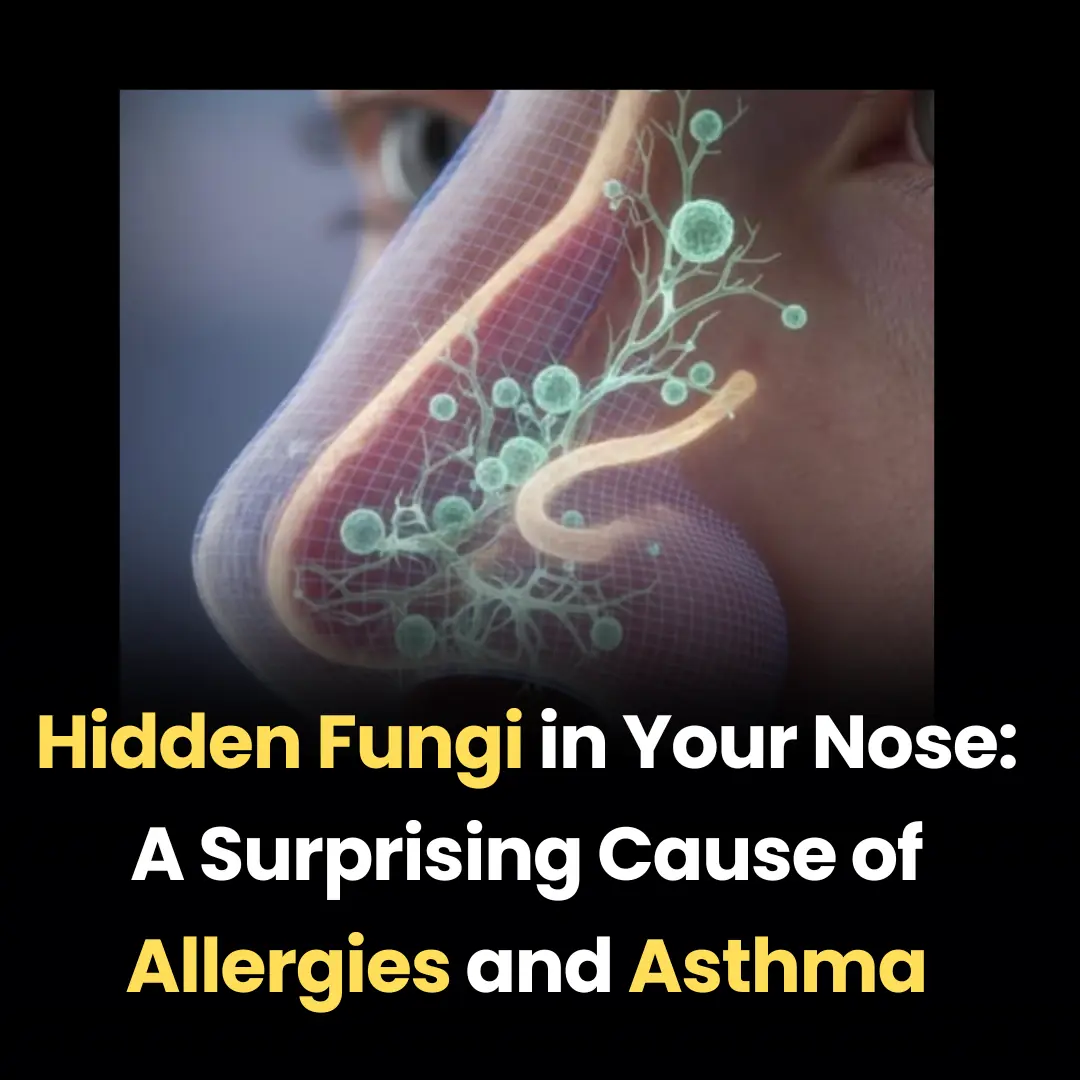
Hidden Fungi in Your Nose: A Surprising Cause of Allergies and Asthma

From Dialysis to Remission: How New Drugs Are Changing the Fight Against Chronic Kidney Disease

The Hidden Beauty of Grass: Discovering Smiling Faces Under the Microscope
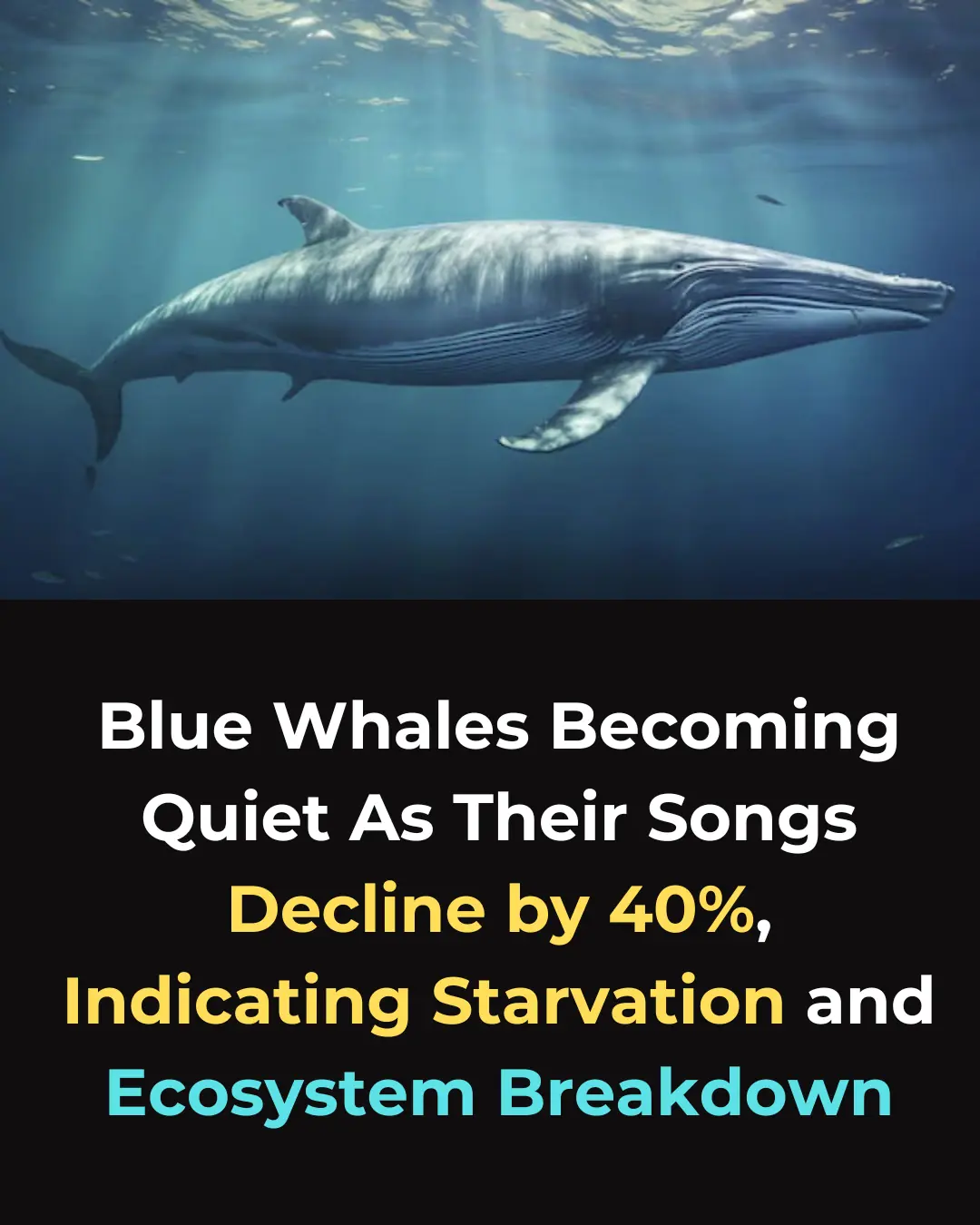
The Quiet of Blue Whales: How Climate Change is Affecting Whale Behavior and Ecosystems
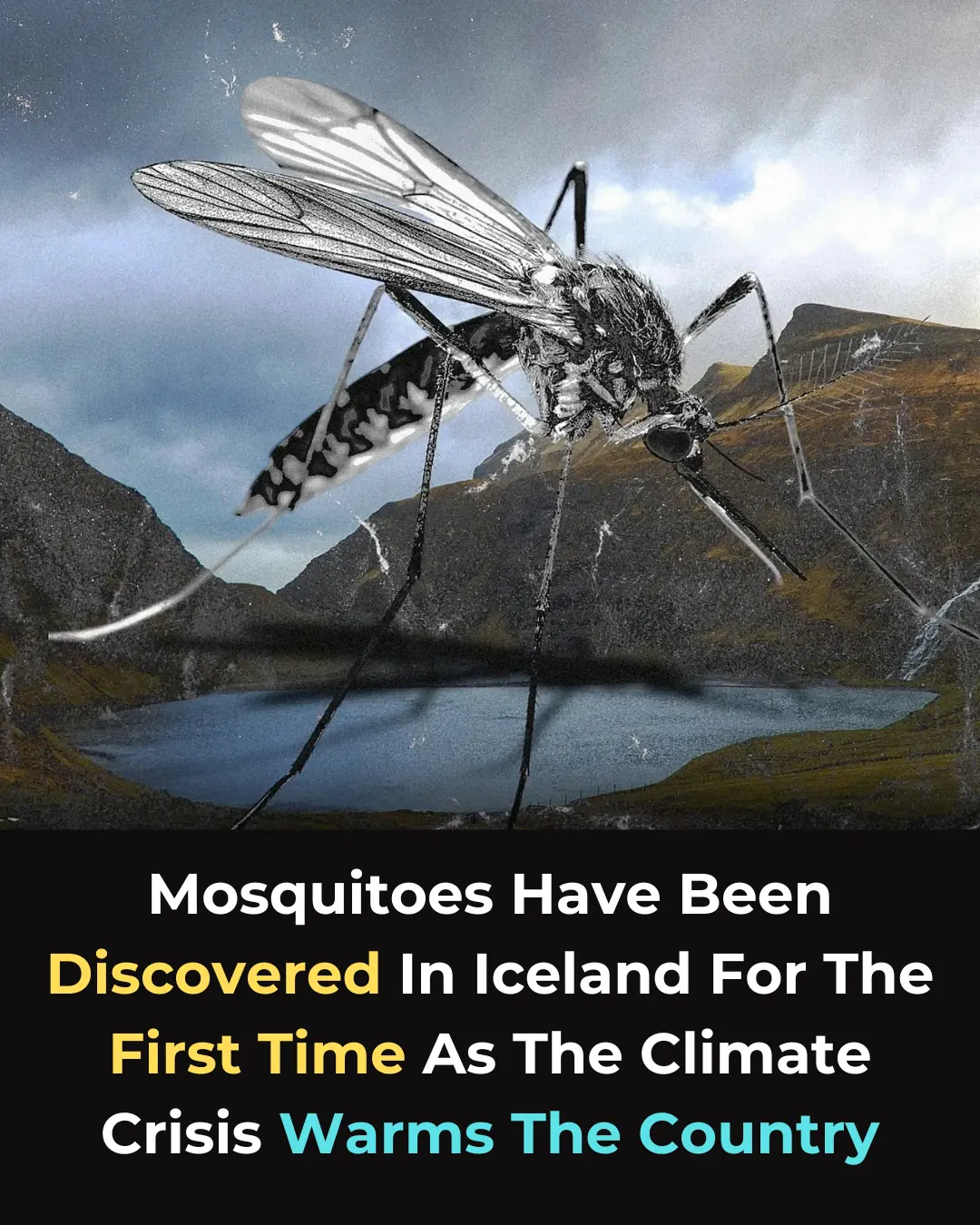
The Arrival of Mosquitoes in Iceland: A Sign of Shifting Ecosystems and Public Health Risks

PP405: A Promising New Drug That Could Revolutionize Hair Loss Treatment by Reactivating Dormant Hair Follicles

Astronomers Capture Groundbreaking Image of New Solar System Formation

Denmark's 'Rolling Grocer' Initiative Brings Fresh Food and Community Connection to Rural Seniors

Mosquitoes Discovered in Iceland for the First Time: A Warning of Climate Change Effects

Denis Vashurin: The Man Who Appears as a Teenager Despite Being in His 40s

M.K. Prakasan: The Teacher Who Swims 12 km Daily to Educate Students in Kerala

Belgian Prodigy Laurent Simons Earns PhD in Quantum Physics at Just 15 Years Old
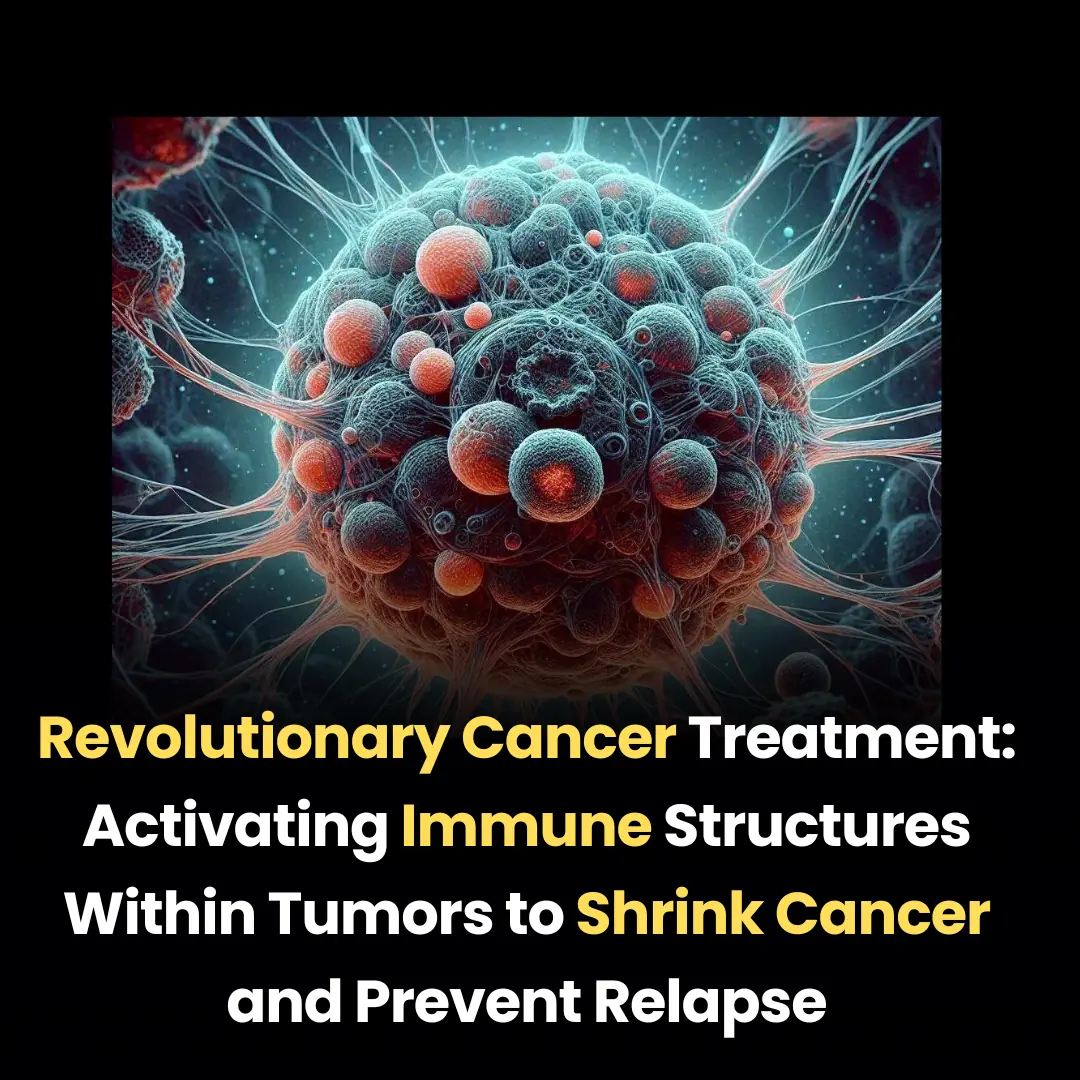
Revolutionary Cancer Treatment: Activating Immune Structures Within Tumors to Shrink Cancer and Prevent Relapse
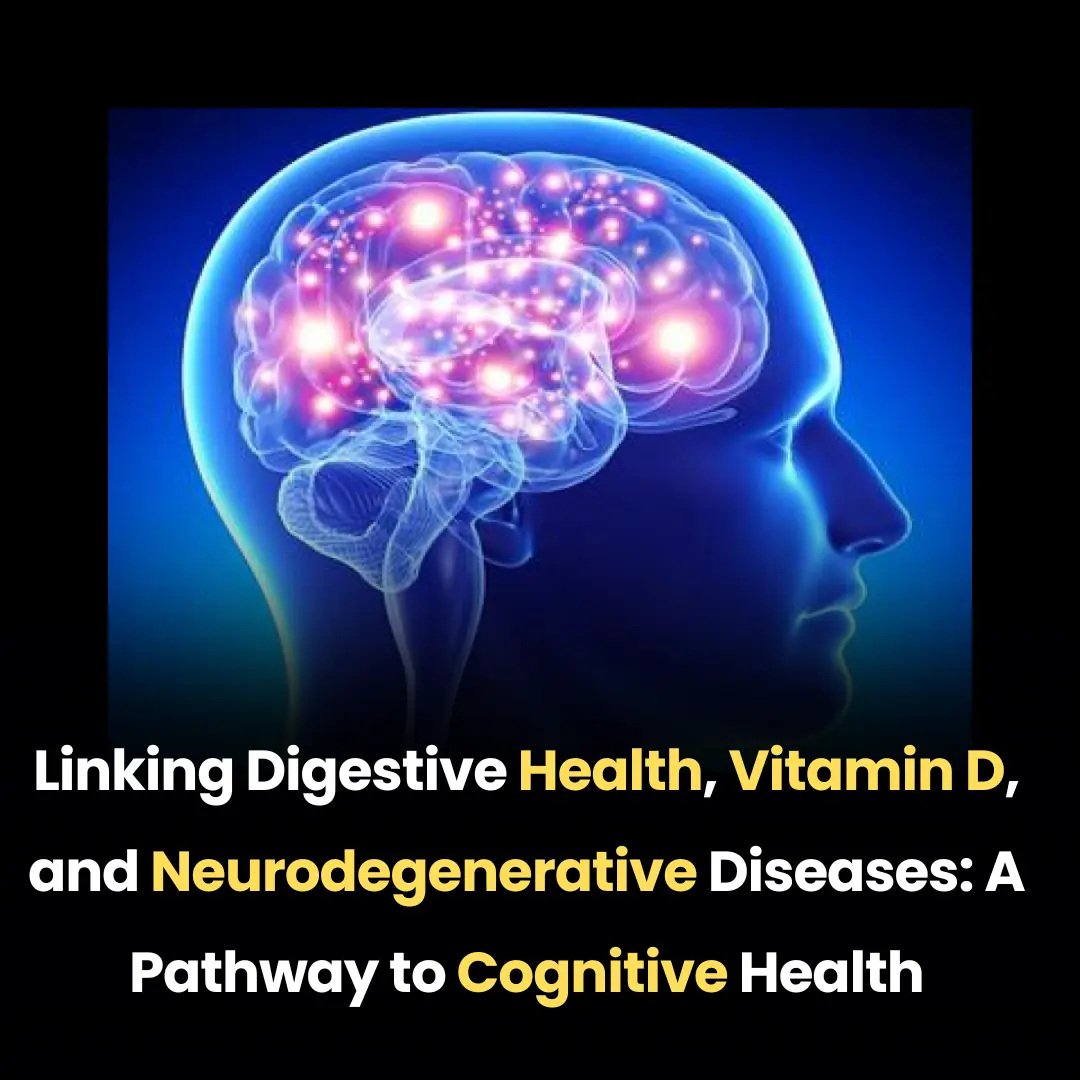
Linking Digestive Health, Vitamin D, and Neurodegenerative Diseases: A Pathway to Cognitive Health

The 400-Year-Old Greenland Shark: A Living Witness to Centuries
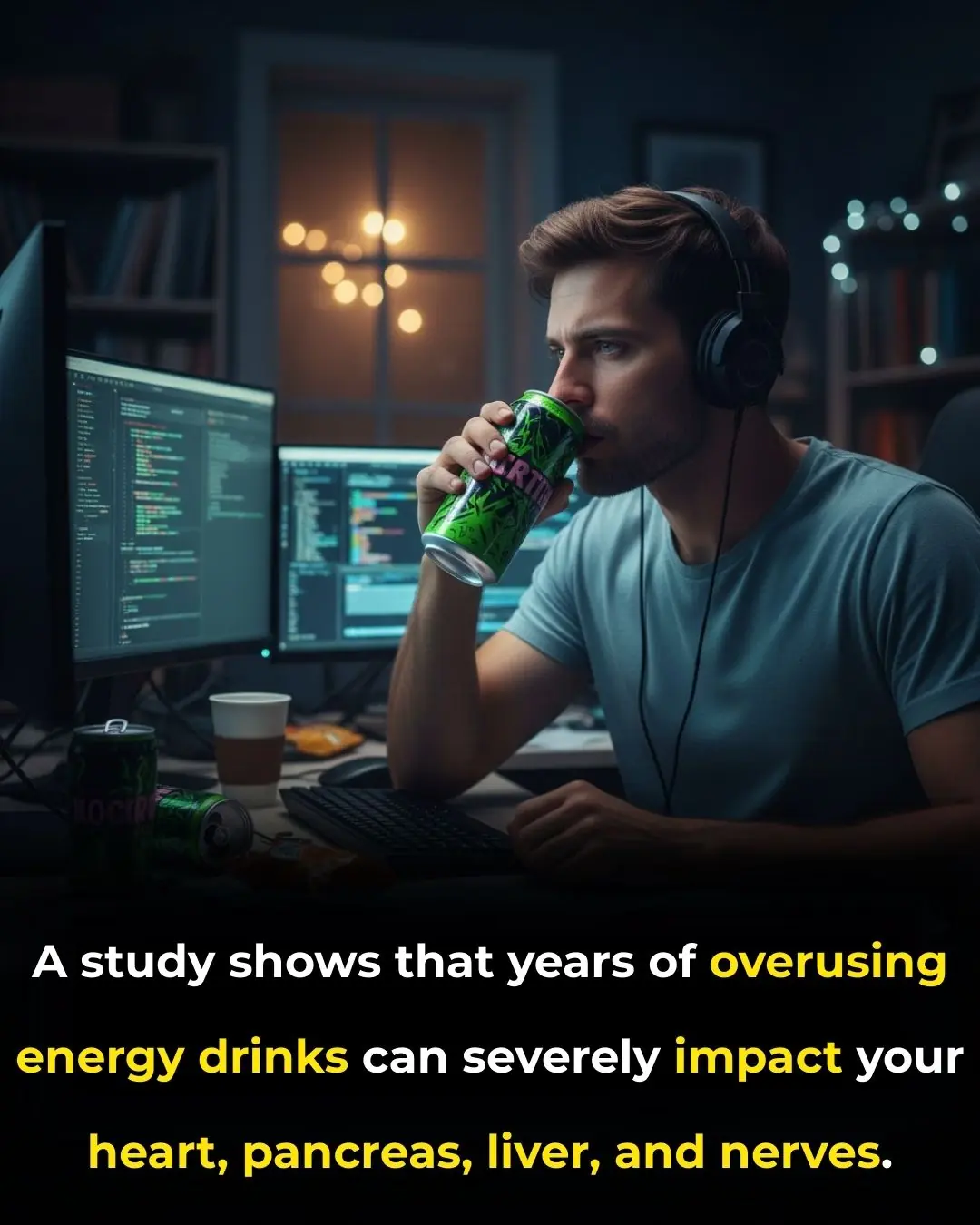
The Hidden Dangers of Long-Term Energy Drink Consumption

Frozen Time Capsule: Scientists Reveal Ancient Antarctic Landscape
News Post
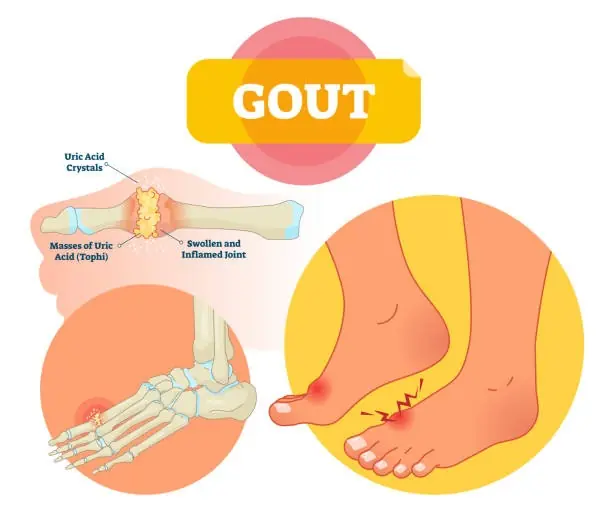
Few Know This Trick To Stop Uric Acid Crystals From Destroying Joints
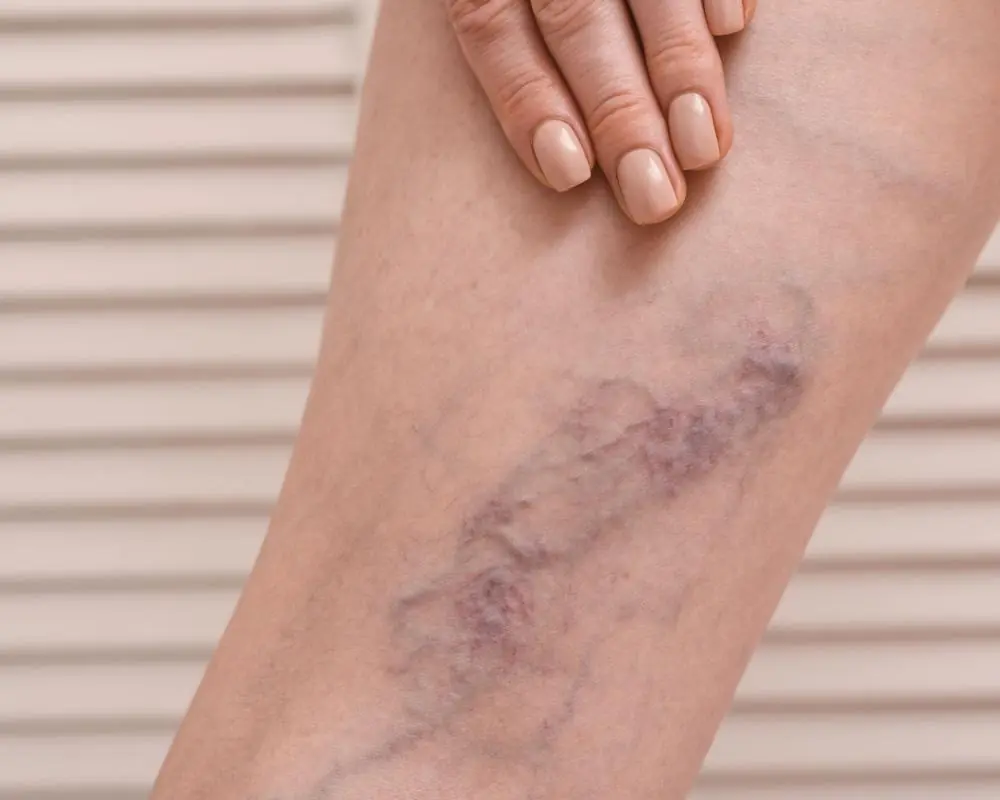
WHAT IS THROMBOSIS? SYMPTOMS AND HOW TO PREVENT IT

Natural Eyelash Growth Remedies – Oils, Serums & Home Treatments

From Space to Earth: The Science Behind Felix Baumgartner’s Record-Breaking Jump

Transforming Oil into Green Prosperity: The Success of Norway’s Sovereign Wealth Fund

Hidden Fungi in Your Nose: A Surprising Cause of Allergies and Asthma

From Dialysis to Remission: How New Drugs Are Changing the Fight Against Chronic Kidney Disease

The Hidden Beauty of Grass: Discovering Smiling Faces Under the Microscope

The Quiet of Blue Whales: How Climate Change is Affecting Whale Behavior and Ecosystems

The Arrival of Mosquitoes in Iceland: A Sign of Shifting Ecosystems and Public Health Risks

PP405: A Promising New Drug That Could Revolutionize Hair Loss Treatment by Reactivating Dormant Hair Follicles

Astronomers Capture Groundbreaking Image of New Solar System Formation

Denmark's 'Rolling Grocer' Initiative Brings Fresh Food and Community Connection to Rural Seniors

Mosquitoes Discovered in Iceland for the First Time: A Warning of Climate Change Effects

Denis Vashurin: The Man Who Appears as a Teenager Despite Being in His 40s

M.K. Prakasan: The Teacher Who Swims 12 km Daily to Educate Students in Kerala

Belgian Prodigy Laurent Simons Earns PhD in Quantum Physics at Just 15 Years Old

Revolutionary Cancer Treatment: Activating Immune Structures Within Tumors to Shrink Cancer and Prevent Relapse
